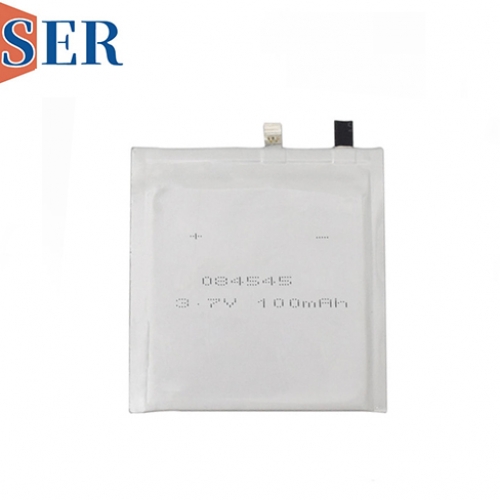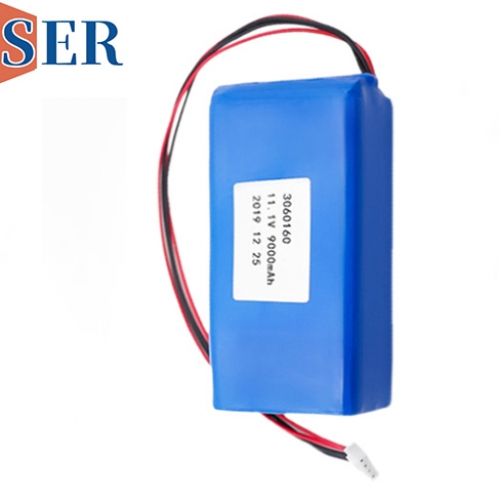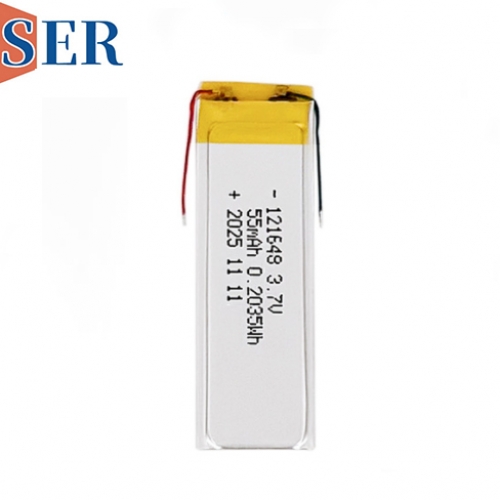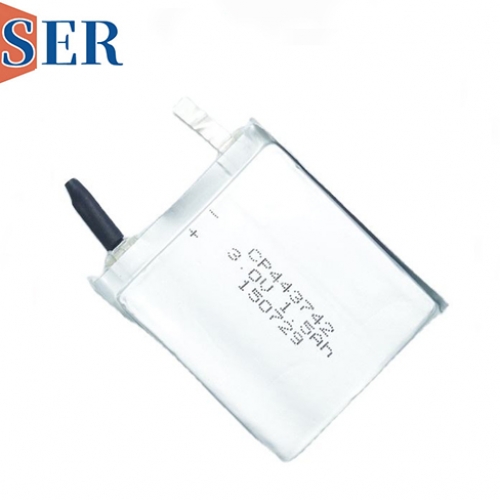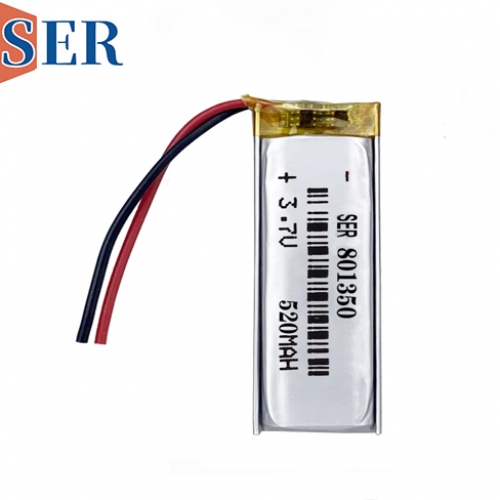Navigating the BIS Certification Landscape for Batteries in India: Challenges and Opportunities
Navigating the BIS Certification Landscape for Batteries in India: Challenges and Opportunities
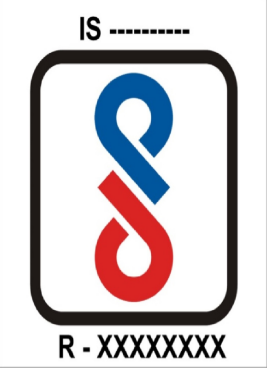
Abstract
This article delves into the critical requirement of Bureau of Indian Standards (BIS) certification for non - rechargeable LiMnO₂ battery, ultrathin battery, and lithium - ion polymer (Lipo) batteries in India. It examines the challenges posed by international trade restrictions in obtaining BIS certification, while also highlighting the opportunities that exist for companies with already - certified Lipo batteries. Through an in - depth analysis of the certification process, market implications, and potential strategies, this article aims to provide a comprehensive understanding of the BIS certification scenario for batteries in the Indian market.
1. Introduction
The Indian battery market has witnessed significant growth in recent years, driven by increasing demand across various sectors such as consumer electronics, automotive, and renewable energy. Among the different types of batteries, non - rechargeable LiMnO₂ batteries, ultrathin batteries, and lithium - ion polymer batteries have gained prominence due to their unique characteristics and applications. However, for these batteries to be legally sold and used in India, they must comply with the Bureau of Indian Standards (BIS) certification requirements. This article explores the complexities surrounding BIS certification for these batteries, especially in the context of global trade restrictions.
2. Overview of BIS Certification in India
2.1 The Role of BIS
The Bureau of Indian Standards (BIS) is the national standards body of India. It is responsible for the harmonious development of the activities of standardization, marking, and quality certification of goods. BIS certification serves as a mark of quality and safety, ensuring that products meet the specified Indian standards. For batteries, BIS certification is crucial as it guarantees that the batteries are safe for use, perform as expected, and do not pose any environmental hazards.
2.2 BIS Certification for Batteries
BIS has developed specific standards for different types of batteries. These standards cover various aspects such as electrical performance, safety requirements, and environmental considerations. For example, the standards may specify the voltage range, capacity, and discharge characteristics of the batteries, as well as requirements for protection against over - charging, over - discharging, and short - circuits. Batteries that meet these standards are eligible for BIS certification, which is typically indicated by the ISI mark on the product.
3. Types of Batteries Requiring BIS Certification in India
3.1 Non - rechargeable LiMnO₂ Batteries
Non - rechargeable LiMnO₂ batteries, also known as lithium manganese dioxide batteries, are widely used in low - power devices such as remote controls, watches, and calculators. These batteries offer a high energy density, long shelf life, and stable voltage output. In India, due to their potential impact on consumer safety and the environment, non - rechargeable LiMnO₂ batteries are subject to BIS certification. The certification process ensures that these batteries are manufactured using high - quality materials and adhere to strict safety standards.
3.2 Ultrathin Batteries
Ultrathin batteries are a relatively new category of batteries that have gained popularity in portable electronic devices such as smartphones, wearables, and smart cards. These batteries are characterized by their extremely thin profile, which allows for more compact and lightweight device designs. However, their unique structure also poses challenges in terms of safety and performance. BIS certification for ultrathin batteries is essential to ensure that they can withstand normal usage conditions without any risk of leakage, explosion, or other safety hazards.
3.3 Lithium - Ion Polymer (Lipo) Batteries
Lithium - ion polymer batteries are a type of rechargeable battery that uses a polymer electrolyte instead of a liquid electrolyte. This makes them more flexible in terms of shape and size, allowing for custom - designed batteries for specific applications. Lipo batteries are commonly used in high - end consumer electronics, drones, and electric vehicles. Given their widespread use and the potential risks associated with lithium - ion technology, BIS certification is mandatory for Lipo batteries in India. The certification process evaluates factors such as cell balance, thermal management, and protection circuitry to ensure the safe operation of these batteries.
4. Challenges in Obtaining BIS Certification
4.1 Trade Restrictions Imposed by Various Countries
One of the major challenges in obtaining BIS certification for batteries is the impact of trade restrictions imposed by different countries. In recent years, there has been an increase in trade tensions and protectionist measures globally, which have affected the supply chain of battery components and finished products. For example, restrictions on the export of certain raw materials used in battery manufacturing, such as lithium and cobalt, can disrupt the production process and delay the certification timeline. Additionally, trade barriers in the form of tariffs and quotas can increase the cost of importing batteries for testing and certification purposes, making it more difficult for companies to comply with BIS requirements.
4.2 Complex Certification Process
The BIS certification process for batteries is complex and time - consuming. It involves multiple steps, including product testing, factory inspection, and documentation review. Companies are required to submit detailed technical specifications, test reports, and quality management system certificates to BIS. The product testing is carried out by BIS - recognized laboratories, which may have long waiting times due to high demand. Moreover, the factory inspection requires companies to demonstrate that their manufacturing facilities comply with BIS's quality and safety standards. Any non - conformities identified during the inspection or testing process can lead to delays in certification or even rejection of the application.
4.3 High Costs Associated with Certification
Obtaining BIS certification for batteries can be a costly affair. Companies have to bear the expenses of product testing, factory inspection, and certification fees. The cost of testing can vary depending on the type of battery and the number of tests required. Additionally, companies may need to invest in upgrading their manufacturing facilities to meet BIS standards, which can further increase the overall cost of certification. For small and medium - sized enterprises (SMEs), these high costs can be a significant barrier to entering the Indian battery market.
5. Opportunities for Companies with BIS - Certified Lipo Batteries
5.1 Market Access and Competitive Advantage
Companies that have already obtained BIS certification for their Lipo batteries have a significant advantage in the Indian market. BIS certification is a prerequisite for selling batteries in India, and having certified products allows companies to access a wider customer base. Certified Lipo batteries are perceived as more reliable and safe by consumers, which can give companies a competitive edge over their non - certified counterparts. This can lead to increased market share and higher sales volumes.
5.2 Building Trust with Customers and Partners
BIS certification helps companies build trust with their customers and partners. By demonstrating compliance with Indian standards, companies can assure their customers that their products are of high quality and safe to use. This can lead to long - term customer loyalty and positive word - of - mouth marketing. Additionally, BIS certification can enhance a company's reputation in the industry, making it more attractive to potential partners such as original equipment manufacturers (OEMs) and distributors.
5.3 Expansion into Related Markets
Having BIS - certified Lipo batteries can also open up opportunities for companies to expand into related markets. For example, companies can leverage their certified batteries to enter the electric vehicle (EV) market, where the demand for high - performance and safe batteries is growing rapidly. BIS certification can serve as a stepping stone for companies to showcase their capabilities and gain a foothold in these emerging markets.
6. Strategies for Overcoming Certification Challenges
6.1 Diversifying the Supply Chain
To mitigate the impact of trade restrictions, companies can consider diversifying their supply chain. This involves sourcing battery components and raw materials from multiple countries to reduce the risk of disruptions. By having alternative suppliers, companies can ensure a steady supply of materials for battery production and testing, which can help in meeting the BIS certification deadlines. Additionally, companies can explore local sourcing options in India to take advantage of the government's initiatives to promote domestic manufacturing.
6.2 Early Planning and Preparation
Early planning and preparation are crucial for a smooth BIS certification process. Companies should start the certification process well in advance of their planned market entry. This includes conducting internal audits of their manufacturing facilities and quality management systems to identify and address any non - conformities before the BIS inspection. Companies should also familiarize themselves with the BIS standards and requirements for their specific type of battery to ensure that their products are designed and manufactured accordingly.
6.3 Collaboration with BIS - Recognized Laboratories and Consultants
Collaborating with BIS - recognized laboratories and consultants can significantly streamline the certification process. These laboratories have the expertise and experience in conducting battery tests as per BIS standards and can provide valuable guidance on test requirements and procedures. Consultants can assist companies in preparing the necessary documentation, navigating the BIS certification process, and addressing any queries or concerns raised by BIS. By leveraging the services of these professionals, companies can save time and resources and increase their chances of obtaining BIS certification successfully.
7. Conclusion
The requirement of BIS certification for non - rechargeable LiMnO₂ batteries, ultrathin batteries, and lithium - ion polymer batteries in India is a necessary step to ensure product quality, safety, and environmental protection. However, the challenges posed by trade restrictions, a complex certification process, and high costs cannot be ignored. Companies that have already obtained BIS certification for their Lipo batteries have a competitive advantage in the Indian market and can explore various opportunities for growth and expansion. To overcome the certification challenges, companies can adopt strategies such as diversifying the supply chain, early planning and preparation, and collaboration with BIS - recognized laboratories and consultants. By navigating the BIS certification landscape effectively, companies can tap into the vast potential of the Indian battery market and contribute to the country's sustainable development goals.

